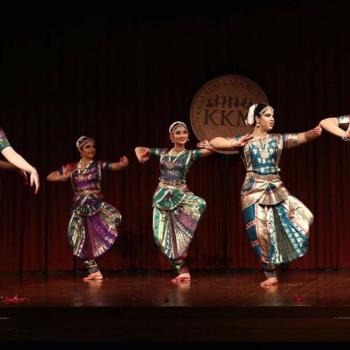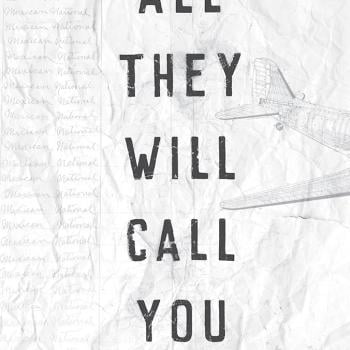By Sahar Ullah
 Washington, DC - Hijabi-a word that is not proper Arabic but has become part of Muslim American parlance-refers to the Muslim woman who wears a headscarf. This term, which we first used in jest to refer to a series of monologues describing experiences of Muslim women in North America, eventually stuck.
Washington, DC - Hijabi-a word that is not proper Arabic but has become part of Muslim American parlance-refers to the Muslim woman who wears a headscarf. This term, which we first used in jest to refer to a series of monologues describing experiences of Muslim women in North America, eventually stuck.
Unlike Eve Ensler's famous production, The Vagina Monologues, which personifies an often private aspect of women's lives by giving it voice, The Hijabi Monologues instead takes something public, which everyone seems to have an opinion about, and gives it a personal voice.
In the summer of 2006, Dan Morrison, director of the non-profit 1Well, which connects socially conscious individuals and groups with communities in high-need areas, was inspired by the idea. After listening to yet another one of my stories about life as a Muslim American who wears the hijab (headscarf), he said "You know what? We need hijabi monologues."
A few months later, Dan contacted Zeenat Rahman, currently working with the Interfaith Youth Core, and me about seriously considering the transformative power of stories - as he personally experienced by listening to mine and others' stories - and The Hijabi Monologues was born.
The characters of each monologue wear the hijab, but the hijab is not the focus of any story. Although many of these stories resonate with other Muslims and women in general, they do not claim to tell every story or speak for everyone.
Our stories cover a range of experiences, from the comedic to the poignant. Humorous stories include anecdotes about the people who will approach hijabis on any given day, ready with a range of questions about Islam, and the guys that hit on them with their often clumsy pick-up strategies - an experience shared by many women.
More poignant stories include a narrative about the day one mother lost her son to a car accident and the day a student's home was stormed by law enforcement officials and her father was arrested.
Stories have the potential to create a better understanding of our lives, generating empathy and a sense of shared humanity, while at the same time describing a unique experience.
Hijabis are not the only group that has struggled with outward differences which define how they are treated in society. The hijab, like race, has become a physical marker of difference, and certainly identifies a woman as a Muslim at a time when Muslims are subject to a number of stereotypes, public scrutiny and discrimination.
More often than not, a hijabi‘s actions (or inactions) are viewed through the lens of religion in the same way that racial minorities' actions are viewed through the lens of race.
The Hijabi Monologues is about creating a space for American Muslim women to share their stories. Many Muslim women share the experience of facing an entire set of assumptions about their faith, politics, preferences, education, class, etc. based on whether they choose to wear, or not to wear, a headscarf.
For this reason, The Hijabi Monologues never claims to speak for all Muslim women. All Muslim women are not American. All Muslim women are not hijabis.
With almost a dozen performances under its belt, The Hijabi Monologues is striking a chord with viewers, and has already been shown in several cities.
Ultimately, story-telling is the beginning of a deeper conversation.
Through the power of storytelling, generalisation and categorisation are challenged. Through stories, strangers connect and doors are opened for sharing more stories.
And most importantly, the story-teller - in this case the Muslim American woman - becomes a complex human being, instead of a one-dimensional stereotype.
Sahar Ullah is the writer and co-founder of The Hijabi Monologues. For more information on shows or to bring the Hijabi Monologues to your town please send an email to [email protected]. This article was written for the Common Ground News Service (CGNews).
Originally printed at Common Ground News Service (CGNews), 6 January 2009, www.commongroundnews.org
Copyright permission is granted for publication.
Reprinted with permission from Altmuslim.com
7/10/2009 4:00:00 AM




